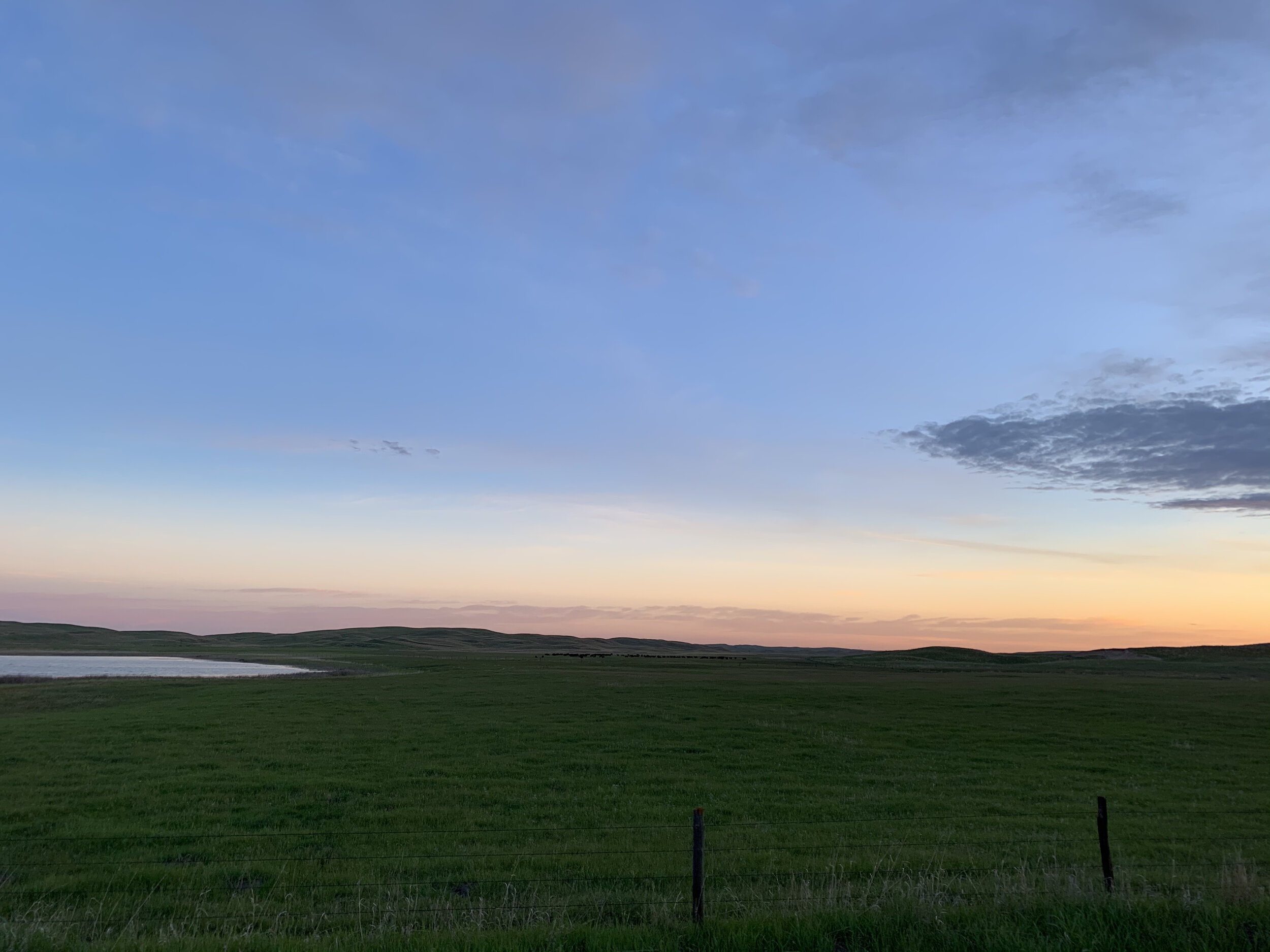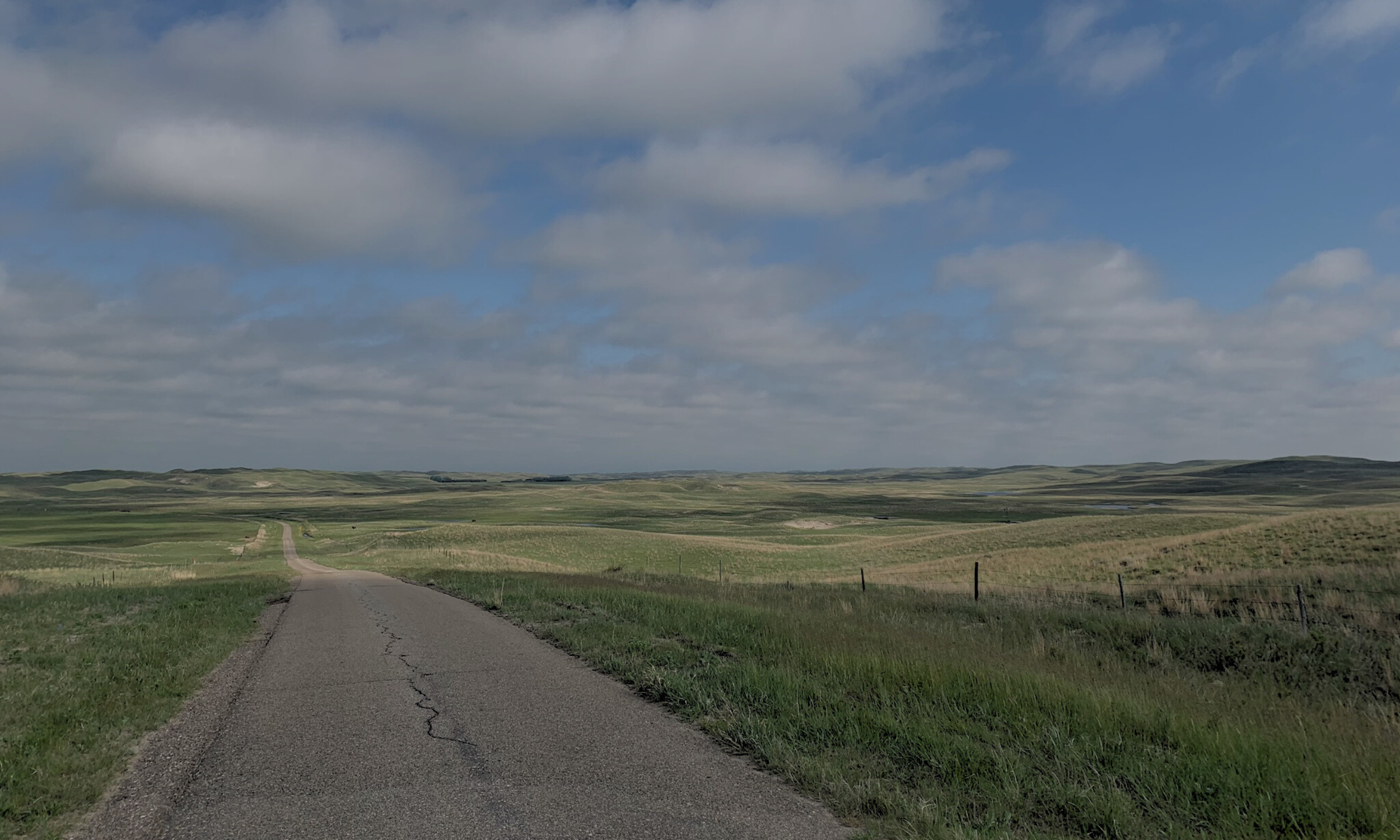The Rural Review
An online journal produced in conjunction with the Rural Reconciliation Project.
Hisey: Conservation Easement Policy in Canada
In “Provincial Diffusion, National Acceptance: The Transfer of Conservation Easement Policy in Canada,” author Forrest Hisey (Geography, Geomatics, and Environment, University of Toronto) surveys the development of conservation easement (CE) legislation development in Canada to understand the state of CE policy as well as policy diffusion methods leading to this development.
Reading List: Extracting Rural Narratives
A reading list of rural-related literature curated by the Rural Reconciliation Project. This collection explores how national mythmaking extracts and appropriates rural narratives for its own purposes.
Workshop Announcement: Concentrated Power and Rural Democracy
Call for Papers - Concentrated Economic Power and Rural Democracy - Interdisciplinary Workshop Hosted by Jessica Shoemaker and the Rural Reconciliation Project in Lincoln, Nebraska, in spring 2026.
Álvarez-Montoya et al.: Neo-Rurals and Tourism in Southern Europe
In “Neo-Rurals and Tourism in the Context of Rural Crisis in Southern Europe. Case Study in the Sierra de Aracena (Andalusia, Spain),” authors José Manuel Álvarez-Montoya and Esteban Ruiz-Ballesteros (both Social Anthropology, Psychology and Public Health, Universidad Pablo de Olavide, Spain) explore the influence of neo-rurals and tourism on a rural Spanish community to highlight how an influx of newcomers can benefit rural areas.
Roundup: December 12, 2025
A periodic collection of recent research, analysis, and other notable rural items.
Ryan & Chambers Armstrong: Buying Time
In Buying Time, authors Christopher J. Ryan, Jr. (Indiana Law) and Cassie Chambers Armstrong (Louisville Law) set out to consider how both access to legal representation and extended length of proceedings result in more favorable outcomes for tenants facing eviction proceedings and identify whether the same is true for rural communities.
Pruitt: The Economic Evolution of Newton County, Arkansas
In Consuming Newton County: A Short History, Lisa R. Pruitt (University of California-Davis Law) presents a history of economic evolution and the concomitant tensions between consumerism and conservation in rural Newton County, Arkansas. Tucked away in the Boston Mountains and the home of the Buffalo National River’s headwaters, Newton County is home to 8,000 residents and has long attracted the attention of nature conservation and recreational tourism groups alike.
Resource Highlight: A Legal and Interdisciplinary Research Guide for Rural America
Designed to support the work of law professors, scholars, and students working on issues of law and rurality in the US, this guide organizes otherwise disparate rural materials by source type and offers a comprehensive starting point for research. It may also serve as a helpful classroom resource.
Roundup: November 21, 2025
A periodic collection of recent research, analysis, and other notable rural items.
Event Summary: Law & Rurality Workshop (Fall 2025)
The Rural Reconciliation Project and Professor Hannah Haksgaard of the University of South Dakota Knudson School of Law co-hosted an online Law and Rurality Workshop in Fall 2025.
Zuniga: Economic Development for Native Nevada
In Economic Development for Native Nevada: How Indian Gaming Can Further Tribal Self-Determination, author Makai Zuniga (J.D. Candidate, Nevada, Las Vegas Law) examines the historical and ongoing economic barriers faced by Nevada’s Indigenous tribes and proposes strategies for rural tribes to enter the gaming market despite restrictive regulations.
Event Summary: The Rural Lawyer with Professor Hannah Haksgaard
The Rural Reconciliation Project hosted Professor Hannah Haksgaard of the University of South Dakota Knudson School of Law to discuss her new book on rural attorneys in South Dakota.
The Rural Lawyer: How to Incentivize Rural Law Practice and Help Small Communities Thrive is the culmination of a series of interviews Professor Haksgaard conducted with South Dakota’s Rural Attorney Recruitment Program participants. These interviews highlight the experiences of participating attorneys, reveal the program's impact, and deepen understandings about what practice in rural communities looks like.
Explore the Rural Review
Brief, objective summaries of new rural research across academic disciplines.
Collections of recent rural scholarship, news, and events.
Guest opinions, essays, research summaries, and other original content.
Original book reviews, creative reading lists, and further resources.
Summaries and announcements from recent programs and workshops.

















